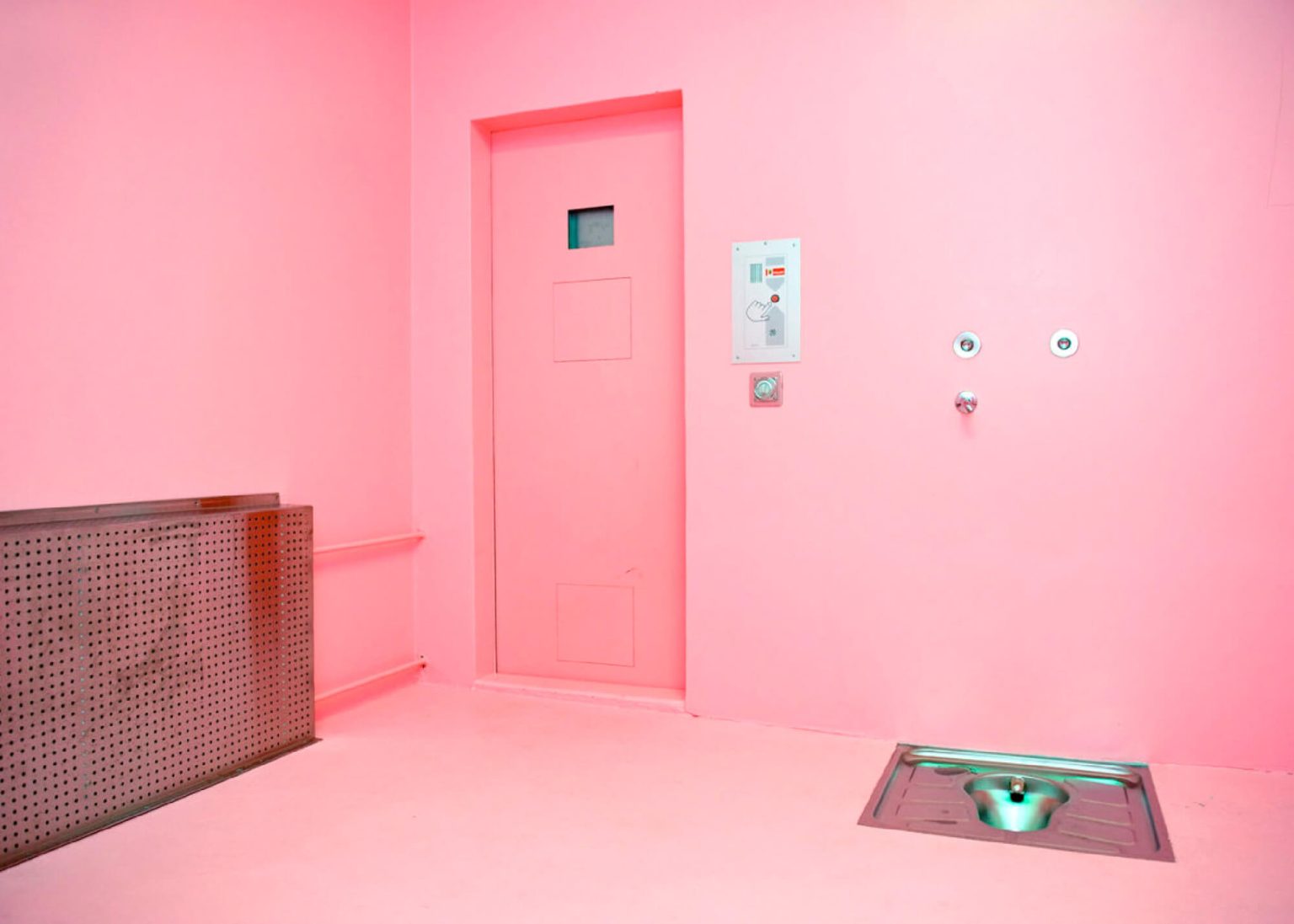Justice systems around the world are evolving, moving away from pure punishment toward rehabilitation and human dignity. While some nations still operate harsh prison regimes, others have pioneered a more compassionate model that focuses on reform, respect, and reintegration. According to the International Security Journal, these countries are celebrated for having the best prison systems in the world, where correctional facilities serve as centres of change rather than cages of despair.
1. Norway – A Model of Rehabilitation
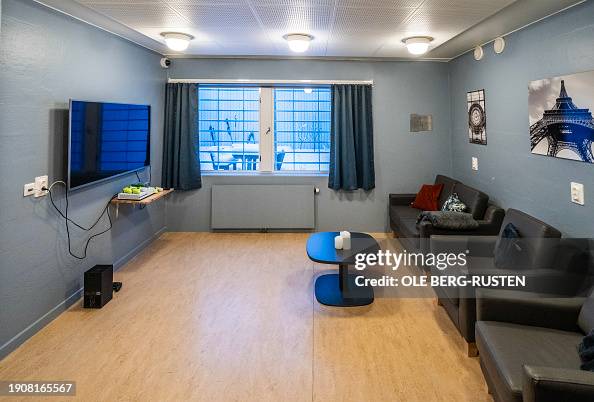
Norway consistently ranks first among the best prison systems in the world due to its humane philosophy. Facilities like Halden and Bastøy Prisons resemble peaceful campuses, complete with green spaces, music studios, and personal rooms. The idea is simple: treat prisoners as human beings capable of transformation. Norway’s recidivism rate is among the lowest globally, proving that rehabilitation works better than retribution. The system’s core belief, “life inside should mirror life outside,” has inspired reform worldwide.
2. The Netherlands – Closing Prisons Through Prevention
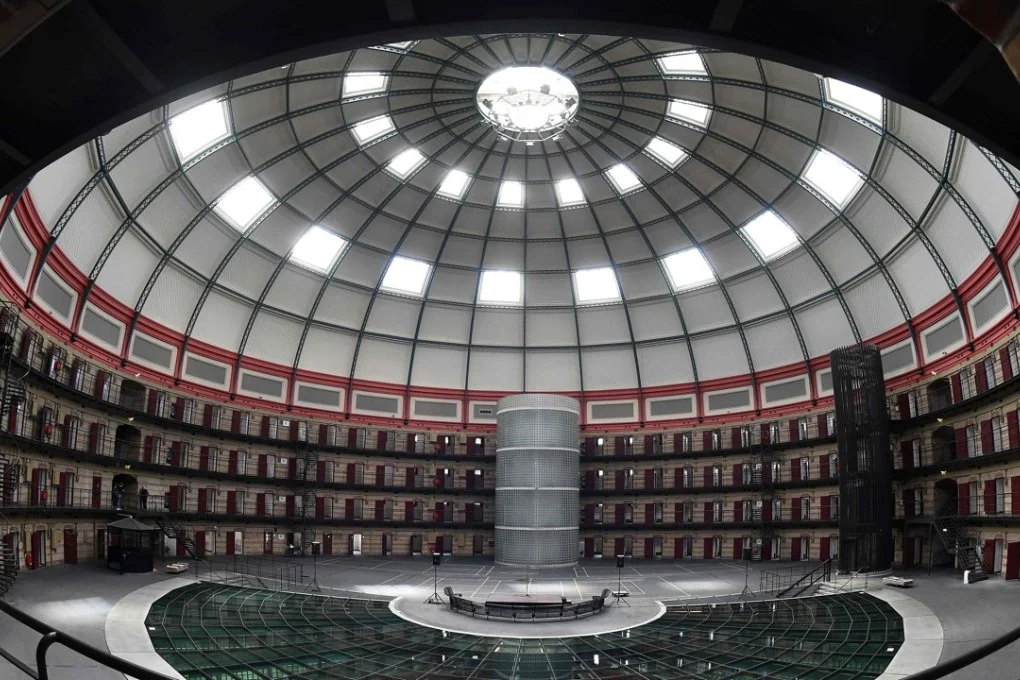
The Netherlands has achieved what many nations dream of: empty prisons. This is due to successful crime prevention strategies and community-centred corrections. Many offenders receive electronic monitoring or community service instead of long sentences. As a result, several facilities have been converted into cultural spaces. This progressive approach places the Netherlands firmly among the best prison systems in the world, demonstrating that social investment can reduce incarceration.
3. Finland- Trust-Based Open Prisons
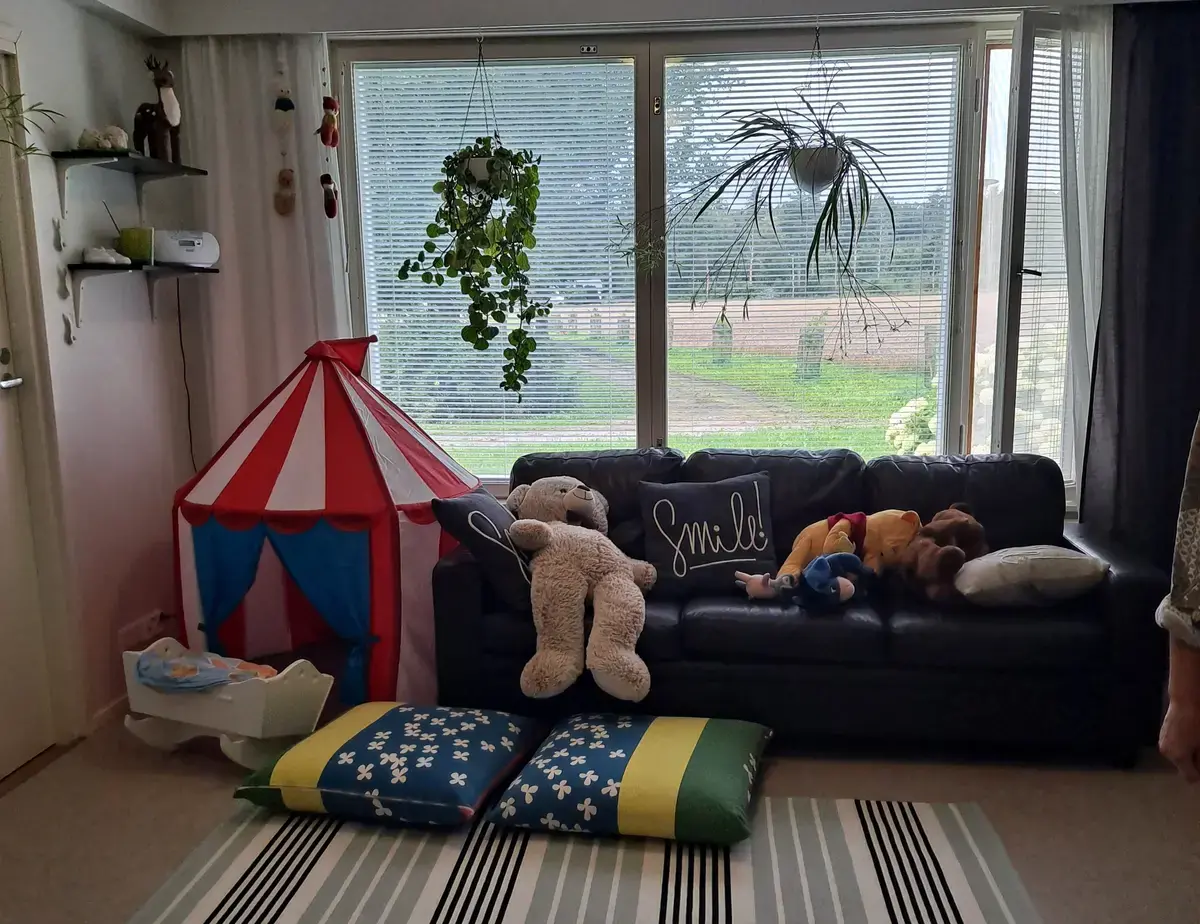
Finland’s open prison model is built on trust, responsibility, and rehabilitation. Prisoners work regular jobs, attend classes, and maintain family contact. These freedoms help them transition back into society more easily. Rather than creating hardened criminals, Finland’s system reforms lives. This open model proves why Finland continues to be mentioned among the best prison systems in the world.
4. Sweden- Focused on Human Growth
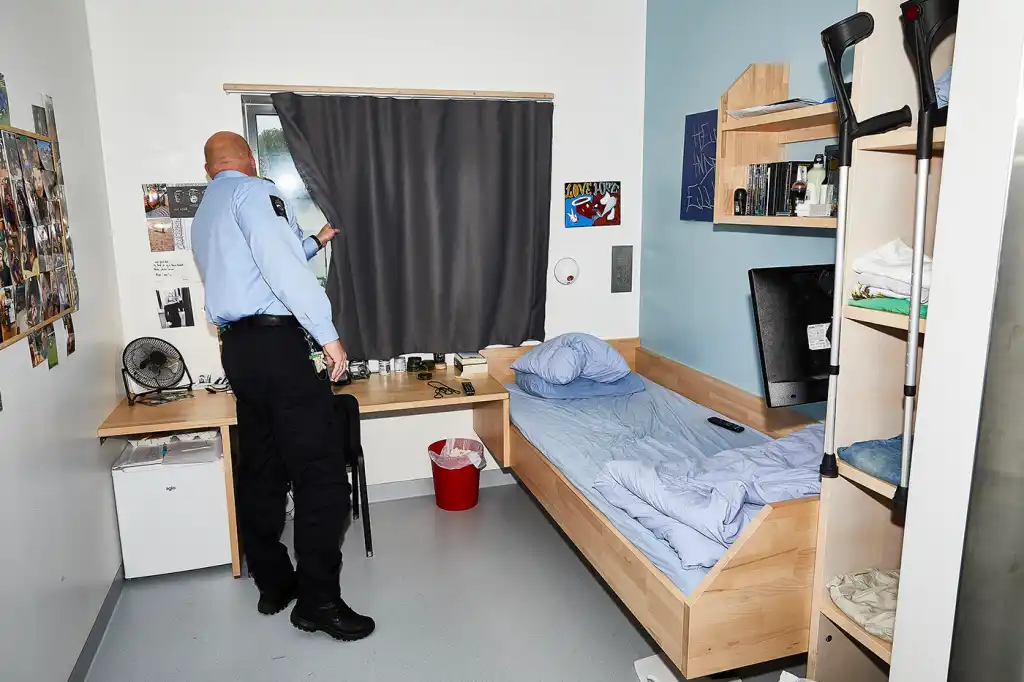
Sweden’s justice philosophy is anchored in self-improvement. Inmates undergo therapy, counselling, and vocational training. The country’s emphasis on mental health and skill development helps offenders rebuild their confidence. Swedish prisons are well-organised, calm, and clean — more like training centres for reintegration than punishment facilities. It’s no surprise that Sweden ranks among the best prison systems in the world for its balance of order and compassion.
5. Germany – Rehabilitation Through Responsibility
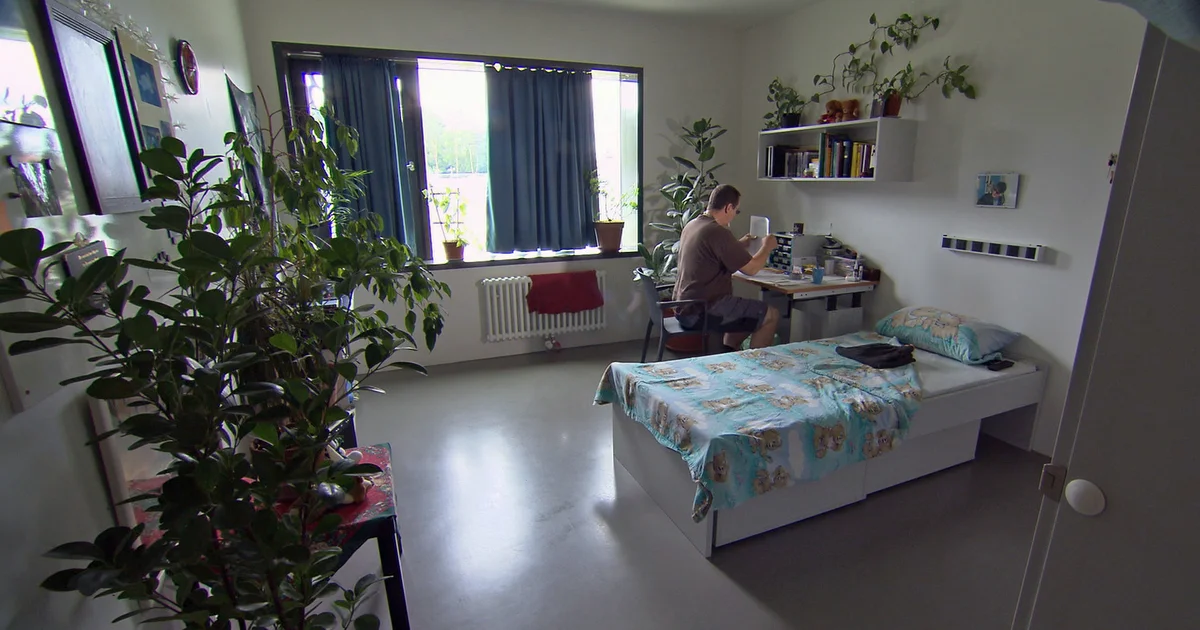
Germany believes that prisoners should retain as many rights as possible, except for their freedom. Inmates are encouraged to work, study, and participate in rehabilitation programs. Guards are trained to act as mentors, not just overseers. This balance of responsibility and rehabilitation has created a disciplined yet humane environment. Germany’s results show that respect and structure can coexist, marking it as one of the best prison systems in the world.
6. Switzerland- Balancing Rights and Reform
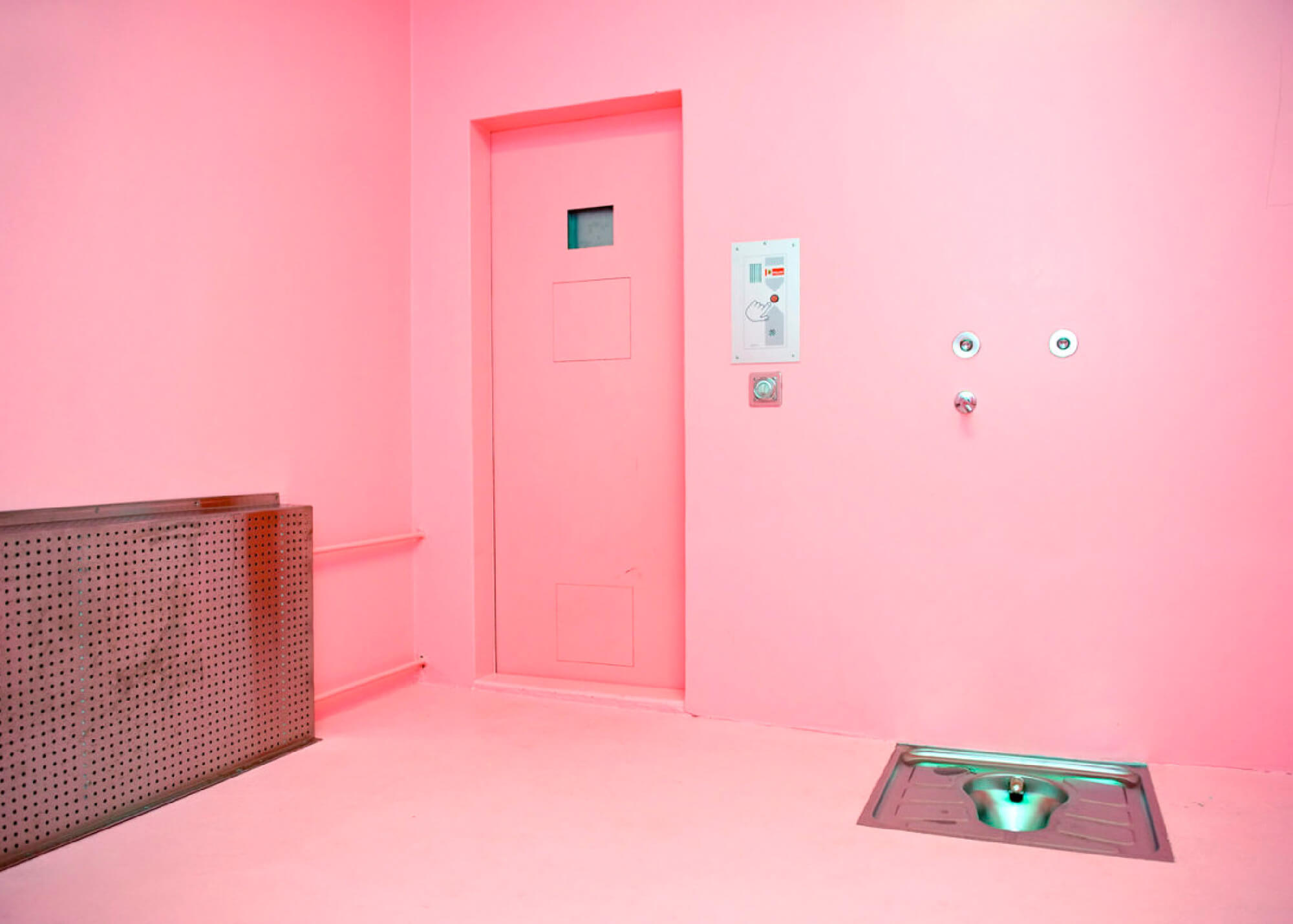
Switzerland’s justice system integrates human rights, modern infrastructure, and psychological care. Prisons provide access to education, vocational workshops, and health services. Rehabilitation programs prepare inmates for real-world reintegration, reducing the likelihood of re-offending. This respect for human dignity and efficiency has placed Switzerland high among the best prison systems in the world.
7. Austria- The Transparent Approach
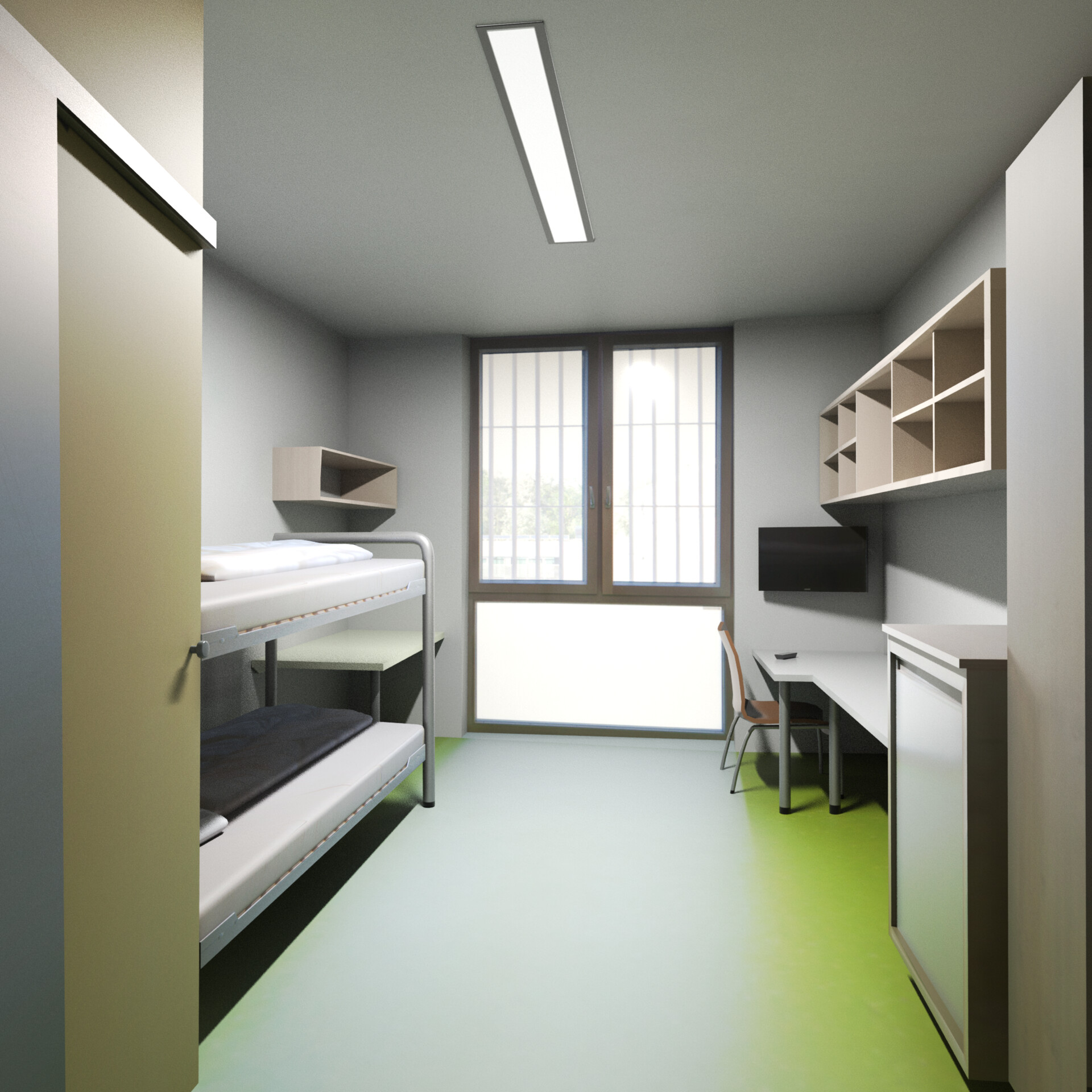
Austria’s Leoben Justice Centre is often cited for its architectural beauty and humane environment. Large windows, open spaces, and personal amenities give inmates a sense of dignity. Critics may call it luxurious, but Austria argues that comfort fosters change. The system’s results, lower crime and recidivism, prove that a compassionate approach pays off. It stands proudly among the best prison systems in the world, redefining what justice can look like.
8. Japan- Order, Discipline, and Low Recidivism

Japan’s prisons are known for discipline and order, emphasising responsibility and societal harmony. While the system is strict, it maintains extremely low re-offending rates. Inmates participate in daily work routines, meditation, and structured programs that instil respect and purpose. The balance between control and personal reform earns Japan a place among the best prison systems in the world.
9. New Zealand- Healing Justice for All

New Zealand’s restorative justice system integrates cultural understanding, especially for Māori inmates. Through therapy, education, and reconciliation programs, prisoners rebuild their lives and relationships. This inclusive model promotes healing rather than punishment, ranking New Zealand among the best prison systems in the world for compassion-driven justice.
Global Lessons in Rehabilitation
The best prison systems in the world share one crucial lesson: humanity works. When prisoners are treated as people and not problems, the results benefit society as a whole. These systems reduce re-offending, save public money, and strengthen community safety. Norway, Finland, and Sweden prove that a focus on rehabilitation creates citizens who return stronger and wiser, not bitter and broken


